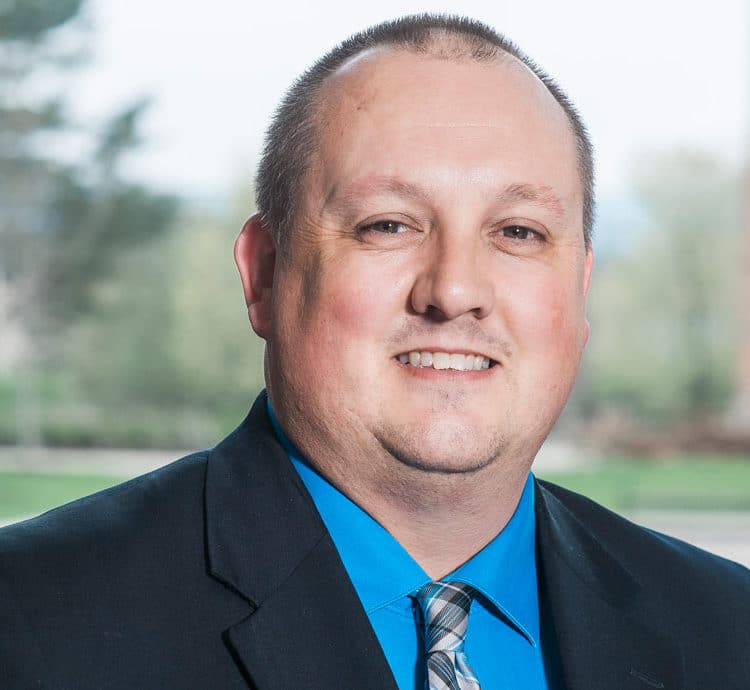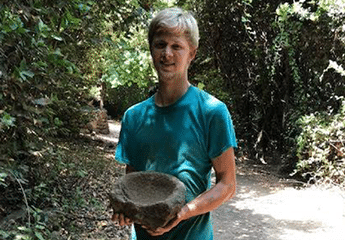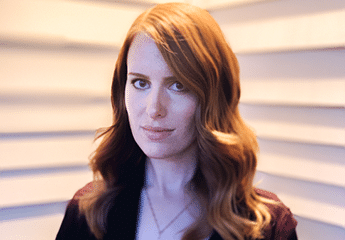What can you do with a community theater?
How about change the world?
At stageGR, the immediate goal may not be the world; however, this local nonprofit is actively providing every student in the Grand Rapids area with the chance for performance experience. Artistic experiences for children are linked with better development in language, decision making, visual learning, inventiveness, cultural awareness and even academic performance. At stageGR, people invest in every student accordingly, because if you shift the educational experience of a single child, you can indeed shift the course of the world.
Founded by Cornerstone alums and partnering with university theatre program, stageGR holds a very special place in the hearts of CU faculty, staff and students alike.
In fact, CU Theatre Adviser Caroline Cahoon has known stageGR founders Ella and Daniel Morgan since all three attended Cornerstone together as undergraduates, and she deeply admires their current project.
At Cornerstone, Caroline and Ella forged a sweet friendship—playing roles with one another, taking direction from each other and serving together on the student theater board. Back then, Ella was pursuing a degree in music education, which upon her graduation she used for a number of years in Grand Rapids’ schools.
But when Grand Rapids started following national trends of cutting art programs to fit school budgets, Ella and her husband Daniel saw a unique opportunity to offer students an opportunity they couldn’t find anywhere else—the chance to find themselves on a stage.
For stageGR, there is strict no cut policy: every student who would like a part in a stageGR production has one. In addition, students who don’t enjoy the spotlight but still long to have a role find ample opportunities to participate and belong. At stageGR, students learn to act, sing, dance, play a musical instrument or work on the crew. Often, kids split their time between learning the lessons discovered onstage and backstage.
Caroline Cahoon shares, “I love stageGR because they seek to provide a positive educational experience that is fun and welcoming for every student. They want all children to feel championed and celebrated.”
At the start of their fourth season, stageGR has spent the last year intentionally expanding their play roster, adding plays that not only star students, but also place youth and teens in performances with adults. Last season, stageGR debuted this new performance model with a production of “Joseph and the Amazing Technicolor Dreamcoat,” which is where this nonprofit’s mission and Cornerstone converged.
Caroline was thrilled at the opportunity for the Cornerstone theatre program to join in the mission of stageGR. Bringing facilities, costumes and college actors, CU was honored to help realize stageGR’s dream but also recognized the partnership was mutual. Under stageGR, CU students received the benefit of learning under new directors and also grew from the mentorship they received from local community actors who joined in the production.
What impressed Caroline most was to see CU students then extend that mentorship to the teens and children of stageGR.
“I didn’t want to place an expectation on Cornerstone students to step in and invest in the stageGR students, so it was deeply moving to see them taking that initiative for themselves and continuing to maintain relationship with those students even after the play ended.”
The match between these two organizations offered everyone an experience better than anyone had anticipated. Even the music director for the play, Bethany Schutter, was a CU alumna and graduate of the music division. Bethany embodies the best of both organizations—routinely filling the music director role for stageGR productions.
Since that initial production, stageGR has continued to offer meaningful opportunities for CU students, inviting those who are most invested in the stageGR community to leadership positions like assistant directing and stage management. In addition, both stageGR and CU look forward to the coming fall production of “Annie,” where students connected with both programs will once again share the stage.








